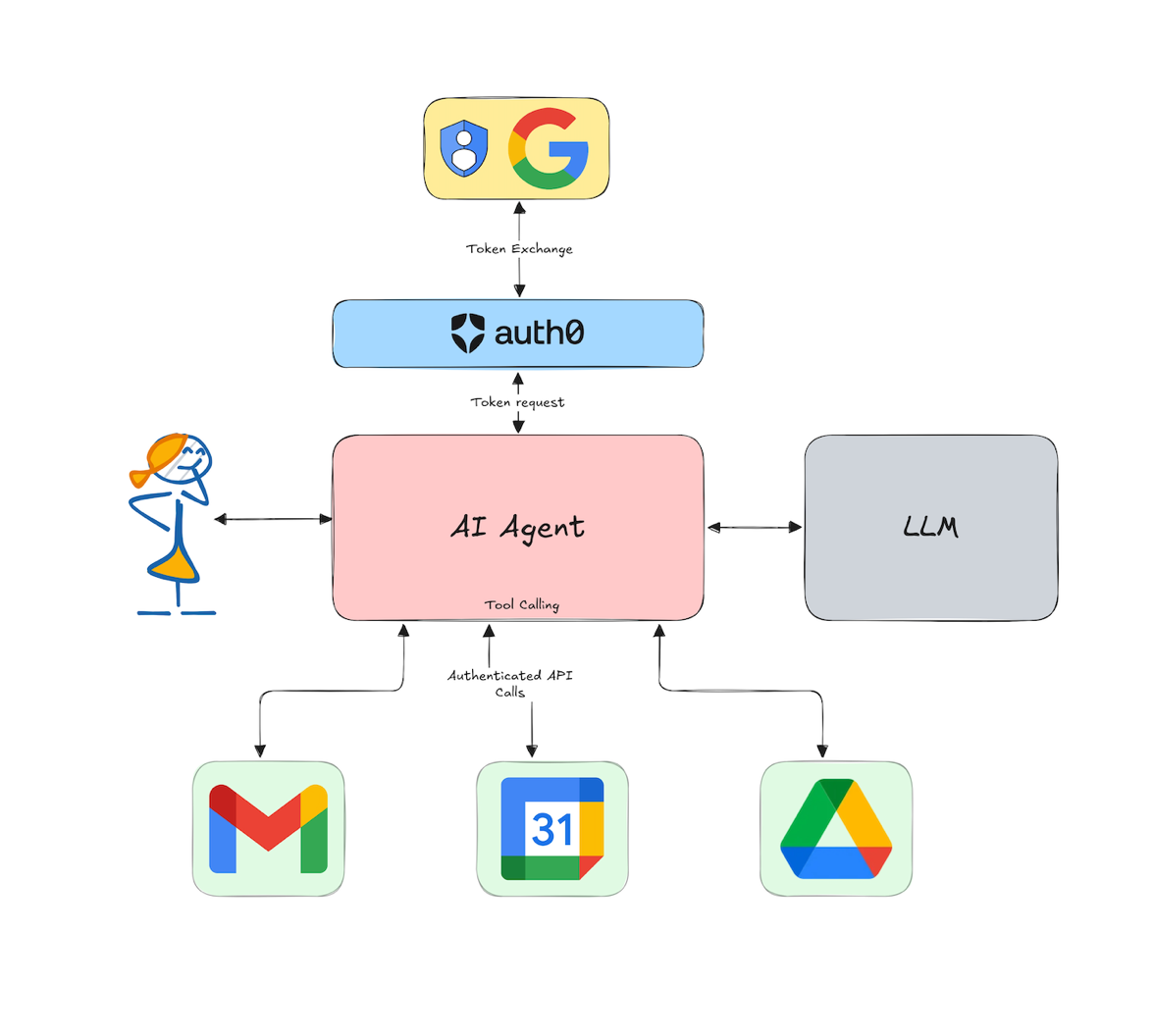AI: To a new AI powered Internet. RTZ #739
As the AI Tech Wave barrels into our lives, now over a billion+ weekly users strong, there is a narrative growing louder every day, that it’s going to make the old internet a relic of its former self. That it’s going to break the web as we know it. Make existing website businesses less tenable and thus provide less content for the new LLM AI companies to train their models going forward.
A New Era of AI
Axios summarizes it all well in “AI leaves web in the lurch”:“The AI-fixated tech industry is rapidly dismantling the old web, with no game plan for how to replace it.”
“State of play: Chatbots have already begun to intercept web traffic and drain publishers' revenue. Now tech giants and startups aim to remodel the devices and browsers we use to access web pages, using AI to summarize or pre-empt the content that people and publishers post online.”

The Rise of AI Browsers
One area of concern are the coming ‘AI Browsers’, a topic I’ve explored at length here, and here:

“Driving the news: Tech circles were abuzz over the past week with news from the normally sedate browser world — the software category that has been shaping access to digital information since the '90s.”

“Firefox last week debuted an experimental browser tool that provides AI summaries when users hover over links.”
“Also last week, The Browser Company, maker of the Arc browser that's beloved by some power users, announced it was pivoting to focus on a new AI-powered browser called Dia.”
“OpenAI has long been rumored to be working on its own browser, but has yet to ship anything.And of course complaining about the King of today’s Internet, Google, with a little bit of help from Apple:
Especially with its latest Gemini AI and Search centric announcement:

“Over the last two years Google, which customarily casts itself as champion of the open web, has steadily increased the prominence of its AI summaries in every aspect of search.”
“At Google's I/O developer conference last year it announced the U.S.-wide rollout of the AI summaries, which sit on top of search results and allow users to get their answers without clicking through to source pages (while also sometimes providing made-up facts).”
“At this year's I/O, the company said that AI Mode, which turns a user's search into an AI chat conversation, would now be a standard feature — although some early reviews have found its information unreliable.”

“And others like OpenAI with its plethora of AI Applications. It’s not far behind with new changes for the internet, especially with new AI devices vs our ‘legacy devices’ of accessing the internet like desktop and mobile:
“Meanwhile, OpenAI made headlines with its announcement that it was purchasing Apple designer Jony Ive's AI device startup.”
“Ive will now spearhead OpenAI's plan to sell new, non-smartphone gadgets that could bring generative AI answers more thoroughly into users' everyday lives.”
“At Microsoft's recent Build developer conference the company introduced a new open project called NLweb, aimed at letting websites build their own chatbots to help site visitors access content.”
The Impact of AI Agents
And AI Agents and other software innovations will accelerate these said changes to come:

And bemoaning their presumed negative impact to come:
And recast not as a solution to doing things better for end users, but a plea to save the status quo for today’s middlemen. Note how today’s media cast the new AI companies as a villain, against the internet websites today, the glorified heroes to be protected. Against the phases of AI to come:

“This is everyone's problem. Of course the businesses and people that have built their work around the web are afraid — but AI makers should be worried, too.”
“The web's vast treasury (and cesspool) of human creative work has accumulated since the 1990s because people wanted to share what they know either for financial or reputational gain, or just to advance a cause or do some good. That setup gave us everything from Wikipedia and YouTube tutorials to blogs and Reddit.”
“Nearly all of the old-school web has already been fed into AI training databases for regurgitation by bots like ChatGPT. From now on, valuable new contributions are likely to sit behind subscription paywalls or depend on unsteady alternate means of support (membership programs, nonprofit grants, government funding).”
“If AI undermines the incentives for human beings to update the web with their news, opinions and arguments, it will also cut off its own future.”
The Business of the Internet
The reality of course is that the global internet is just a very efficient marketplace and above all a BUSINESS. All of its constituents have cast themselves into profitable roles in an ecosystem that mostly works. Of course the core parts of this ecosystem are companies like Google, Meta and others who get the bigger economics. But for the most part the system provides billions of daily users worldwide with useful content, commerce and a whole range of other services.

But today’s media and analysts paint it differently in these early days of the AI Tech Wave, to tell a story that monetizes attention under today’s ecosystem.
The story comes as across several popular media narratives. A popular one is how Google and others embracing AI in Search means less traffic for existing content and website operators, thus less economics, thus less content and commerce directly off said websites. Another is how OpenAI and other LLM AI companies are hoovering up the internet daily for Data to feed its ever hungry models under ‘Fair Use’, with scant compensation for said hoovering and crawling. And my favorite, how said AI impact on the web with ‘AI Slop’, aka AI generated content augmented by humans, will overwhelm the existing internet/web content, with all its nostalgic glory over the last thirty plus years.
The last one particularly gets me, as I go through desktop and mobile web sites today FULL of ‘pop-up slop’ in an effort to monetize every square millimeter of the article I’m trying to read, with ads and videos interrupting every effort to read the next word in said article. Be it on desktop and mobile.




















